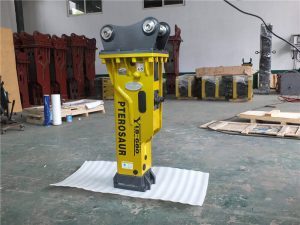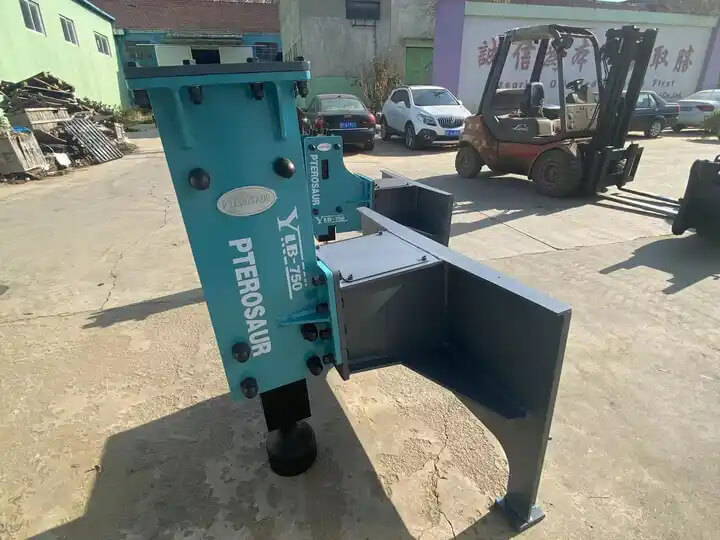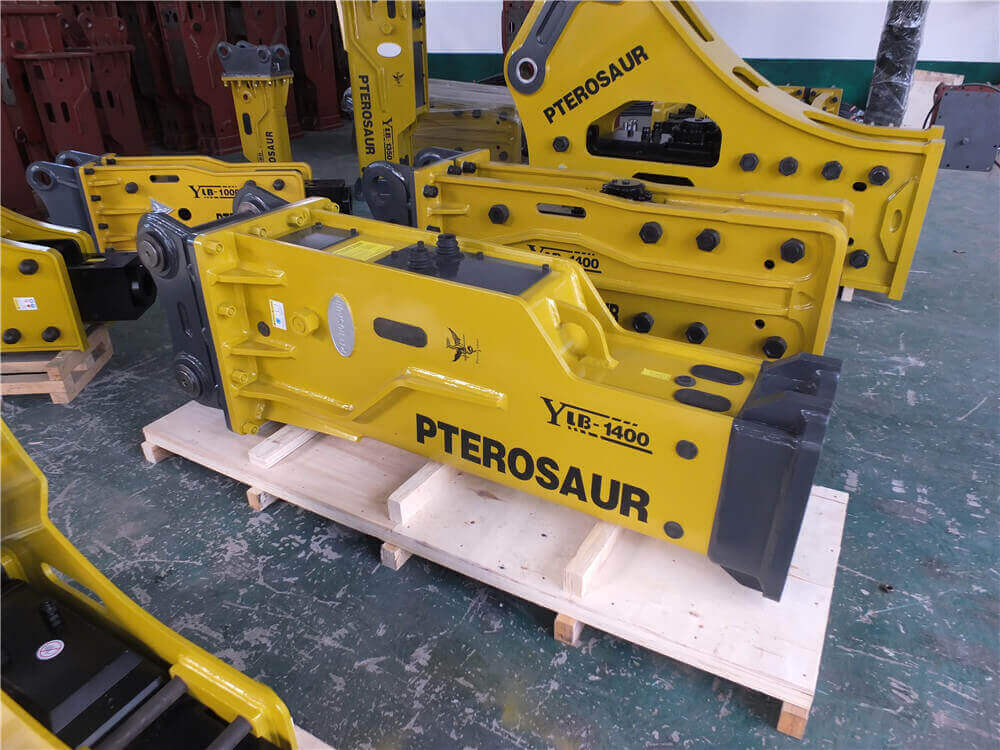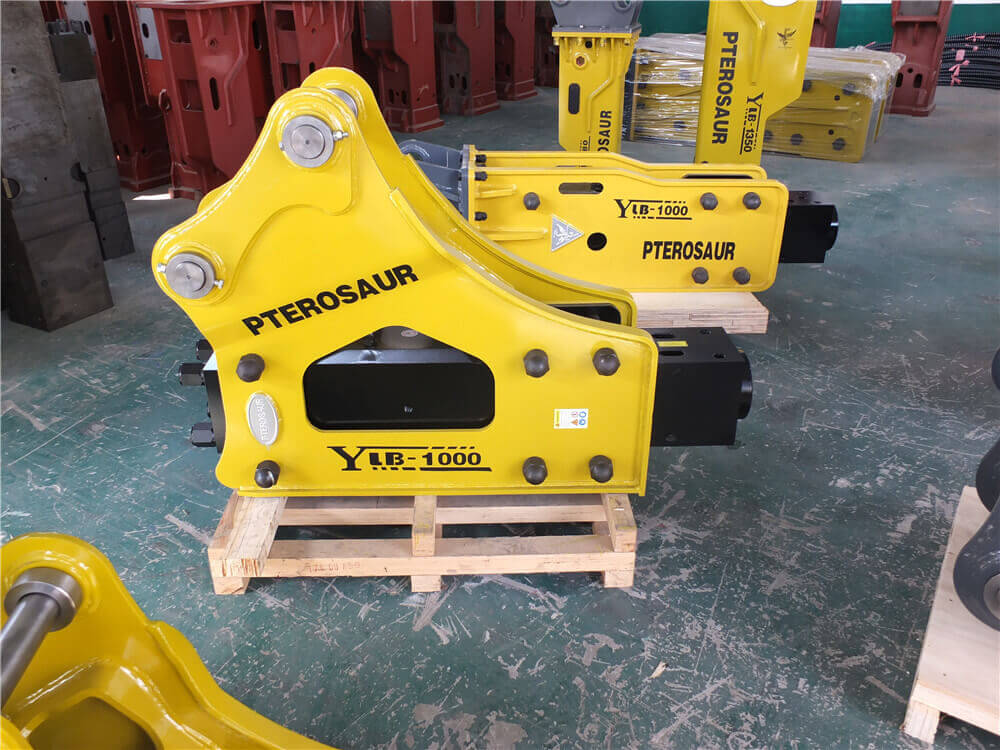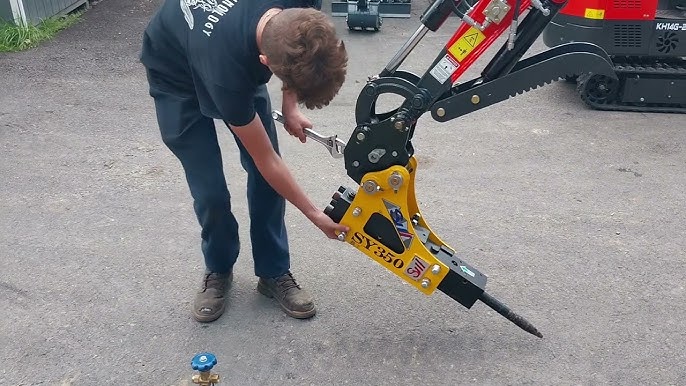Hydraulic Breakers for Excavators: Enhancing Demolition Efficiency
Hydraulic breakers, commonly referred to as hydraulic hammers or rock breakers, are indispensable tools in the construction and demolition industry. Since the introduction of the first serial manufactured rock breaker, the Krupp HM 400, in 1967, these attachments have evolved significantly, providing enhanced performance and efficiency for excavators.
Understanding Hydraulic Breakers
Hydraulic breakers are impact devices designed to deliver powerful strikes to break up hard materials such as rock, concrete, and frozen ground. These attachments generate impact energy through hydraulic pressure, making them essential for tasks that require significant force. They are especially useful in various applications, including tunneling, quarry operations, and demolition of reinforced concrete structures.
Key Features of Hydraulic Breakers
-
Compatibility: Many hydraulic breakers are designed to work seamlessly with various excavator brands, ensuring that they can be used across different machines. For instance, JCB offers a range of hydraulic breakers engineered for optimal compatibility with its own equipment as well as other brands.
-
Performance and Durability: Modern hydraulic breakers are built for high performance and reliability. Manufacturers like Epiroc and Doosan focus on creating attachments that provide low maintenance costs without compromising on durability. This ensures that operators can rely on their equipment for consistent performance in demanding environments.
-
Versatility: Hydraulic breakers are versatile tools that can adapt to a wide range of tasks. Whether it’s breaking up concrete, demolishing structures, or scaling rock faces, these attachments can handle it all. Companies like Genesis and Promove have established themselves as leaders in manufacturing hydraulic breakers that cater to various applications.
Selecting the Right Hydraulic Breaker
Choosing the right hydraulic breaker attachment is crucial for maximizing efficiency and productivity. Here are some tips to consider:
-
Weight and Size: Ensure that the hydraulic breaker is compatible with the size and weight of your excavator. Attachments that are too heavy can lead to equipment strain and potential damage.
-
Application-Specific Features: Different applications may require specific features in a hydraulic breaker. For example, a breaker designed for demolition may have a different design than one intended for quarry work.
-
Manufacturer Reputation: Opt for reputable manufacturers like JCB, Epiroc, and Doosan, which are known for their high-quality hydraulic breakers. Trusting established brands can also ensure better service and support.
Conclusion
Hydraulic breakers are a vital component of modern demolition and construction operations. By effectively harnessing the power of hydraulic energy, these attachments enable excavators to tackle tough materials with ease. As industries continue to evolve, the demand for reliable and efficient hydraulic breakers will only increase, making them a worthy investment for any contractor looking to enhance their operational capabilities. Whether you are in need of a versatile solution for a construction project or a powerful tool for demolition tasks, hydraulic breakers offer the performance and reliability needed to get the job done efficiently.

